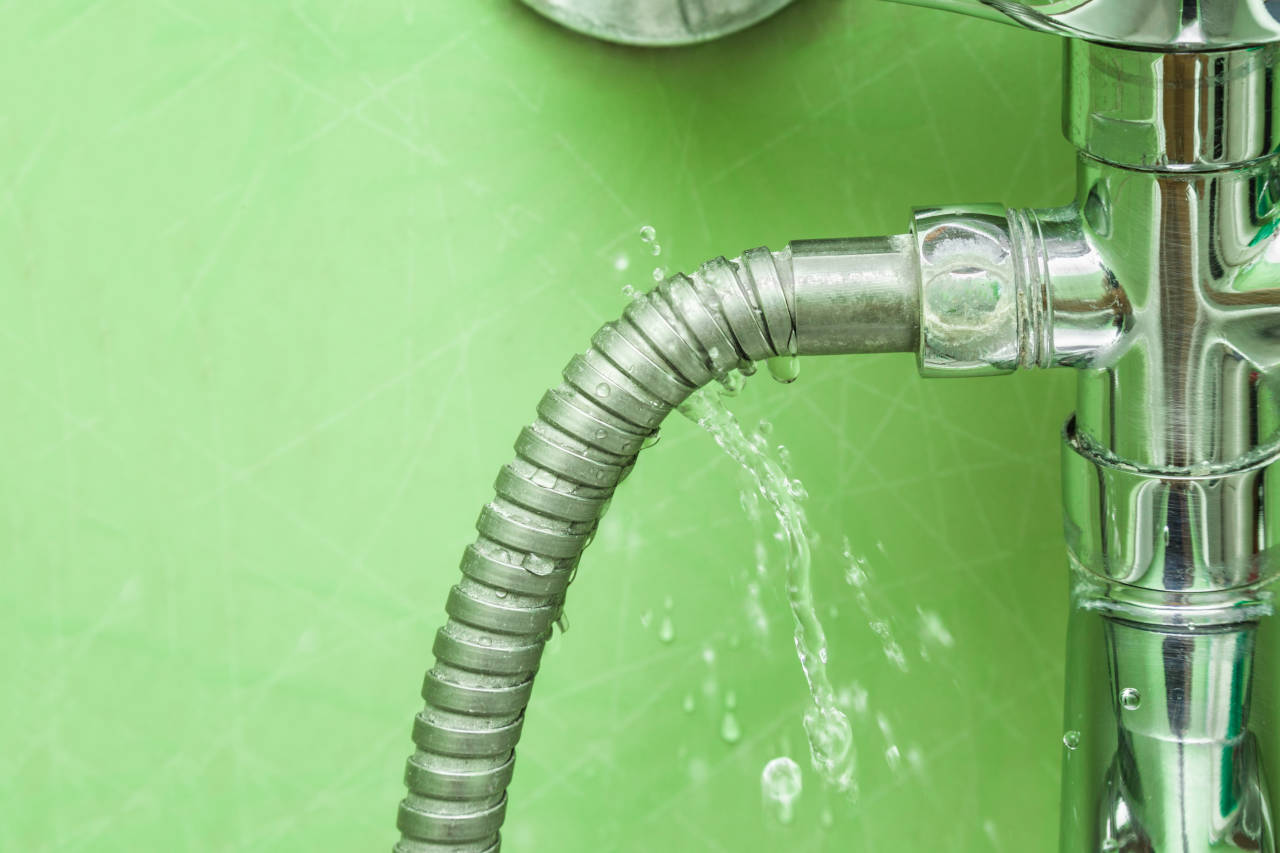4) You will need to have on hand water softener tape, small gas torch, solder, flux, plumbing sandpaper, pipe cutter, gas tape (to seal gas line) and maybe some pipe glue. Ask the sales person at the hardware store for a more defined list.
Use the sandpaper to remove any loose particles from the hole. It is important for the surface to be properly prepared for these types of gutter water line repair.

In general, plumbers out there can be subdivided into two: one who can do the basic maintenance plumbing duties and the other one who is capable of handling more complicated and general works. Let's discuss these two types.
Sales representatives must know beforehand that almost all the answers above need to be encouraging. Otherwise, there is a slim to none chance a sale is made. Besides cold call prospecting, so much of the typical sales rep's time is spent trying to make sales when a sales situation does not truly exist.
Remove the cap of the faucet using slip-joint pliers. Tape the teeth of the pliers to prevent damage of the surface. Remove the faucet cam washer and water line repair the rotating ball.
Turn the water off at the main shutoff valve at the street. You should be able to take a pair of pliers(or your bare hands) and turn the valve at the water meter to shut off the water to your home. Once you have shut off the water you can cut the pipe around the leak and make the repair.
The plumber you hire does not normally do heating but will do hot water heating or in floor heating in the house. Some places you can use the water heater for both domestic hot water and for in floor heating if the heating is a secondary heat. Check with your local plumbing codes on this to be clear.